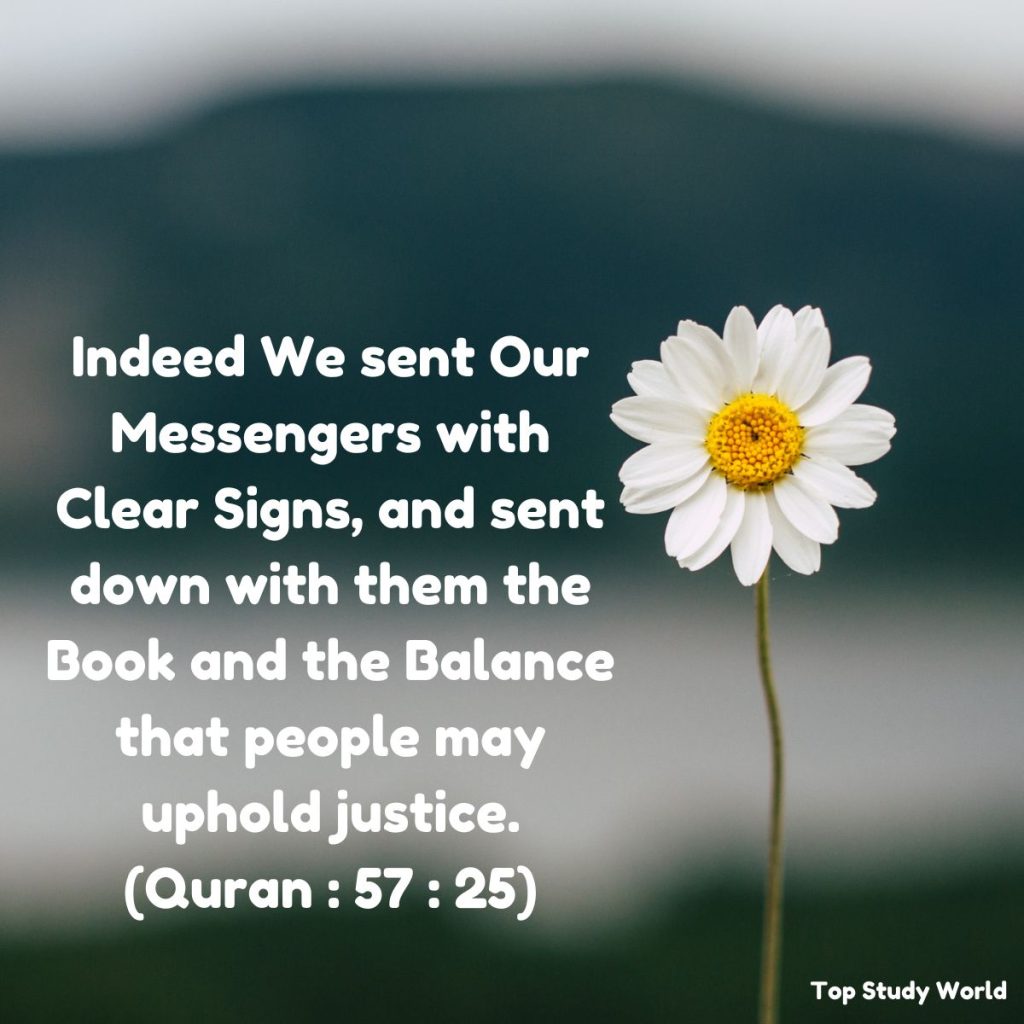Hazrat Muhammad (P.B.U.H) (c-571 -633). Allah sent Hazrat Muhammad (P.B.U.H) as a guide for all humanity and merciful . Prophet Muhammad (P.B.U.H) teachings explain and implements Quranic Principles , which introduces a system of “ Basic human dignity “ as the
leading universal elements.
By reading this essay on Hazrat Muhammad as an exemplary judge students can pass their exams with high marks in essay competition.
The rule of law means that the legal procedure that must be revealed by superior law ( supreme law) because it can not exist with out a state. Prophet Muhammad (P.B.U.H ) envisioned a just and peaceful society with a mass peace movement he achieved this goal during his life. The prophet (P.B.U.H) gave special standing up for justice and opposing oppression. Indeed Allah orders justice and good conduct and giving to relatives and forbids immorality and bad conduct and oppression .
Surely Allah enjoins justice, kindness and the doing of good to kith and kin, and forbids all that is shameful, evil and oppressive. He exhorts you so that you may be mindful.( 16:90) He closely followed the affairs of his people and the spreading the light of the Islam. Allah says in quran : Indeed We sent Our Messengers with Clear Signs, and sent down with them the Book and the Balance that people may uphold justice.(Quran : 57 : 25)

Hazrat Muhammad (PBUH), the Prophet of Islam, is considered the perfect role model for Muslims in all aspects of life. He was a spiritual leader and an exemplary judge who established justice in society. His judicial system was based on fairness, equality, and compassion. The Prophet (PBUH) once said, “The best of you are those who are best in their conduct and dealings with others.”
Hazrat Muhammad (PBUH) was known for his fairness in making judgments. He always considered the facts and evidence before making a decision. He was never biased toward anyone, regardless of their social status or background. He said, “I swear by Allah who has my soul in His hand that if Fatima, the daughter of Muhammad, were to steal, I would cut off her hand.” This statement shows that the Prophet (PBUH) did not favor even his family members in legal matters.
Moreover, he always gave people the benefit of the doubt and encouraged forgiveness. He said, “Be merciful to others, and you will receive mercy. Forgive others, and Allah will forgive you.” This approach to justice was based on the idea that people should be allowed to reform themselves rather than be punished harshly.
The Prophet (PBUH) also stressed the importance of peacefully resolving disputes. He said, “Shall I tell you who is better than a fasting and praying person? It is the one who reconciles between people.” This shows he believed in resolving conflicts by bringing people together and finding common ground.
Hazrat Muhammad (PBUH) also established a system of accountability for judges. He said, “The judge is a guardian of the people and is responsible for his subjects.” This statement highlights that judges have a moral responsibility to act justly and protect the rights of their subjects.
In conclusion, Hazrat Muhammad (PBUH) was an exemplary judge who established a system of justice based on fairness, equality, and compassion. He always considered the facts and evidence before making a decision and never showed favoritism toward anyone. His approach to justice was based on forgiveness and reconciliation, and he stressed the importance of peaceful conflict resolution. The Prophet (PBUH) set a high standard for judges to follow, and his teachings inspire Muslims worldwide.
Accept the one who makes the decision then do not feel any tightness in your heart on behalf of the one who decides but accept it with your eyes. All these verses are quite clear in this matter that the Prophet صلى الله عليه وسلم was not a self-made judge or a judge appointed by Muslims but a judge appointed by Allah Ta’ala.
